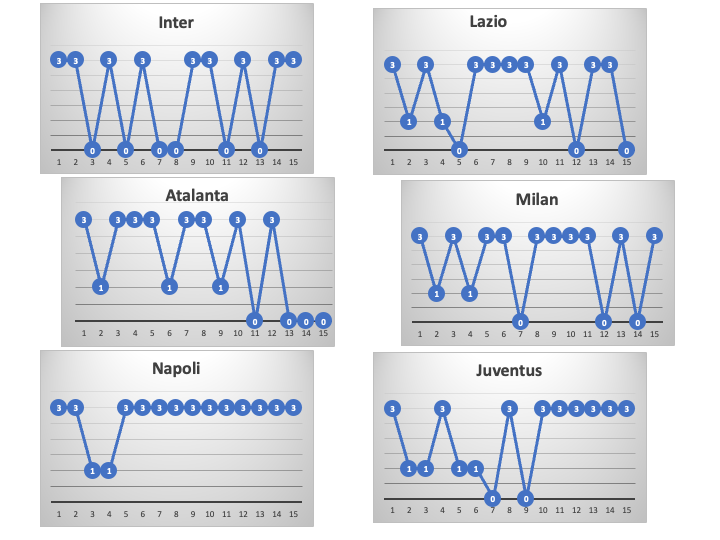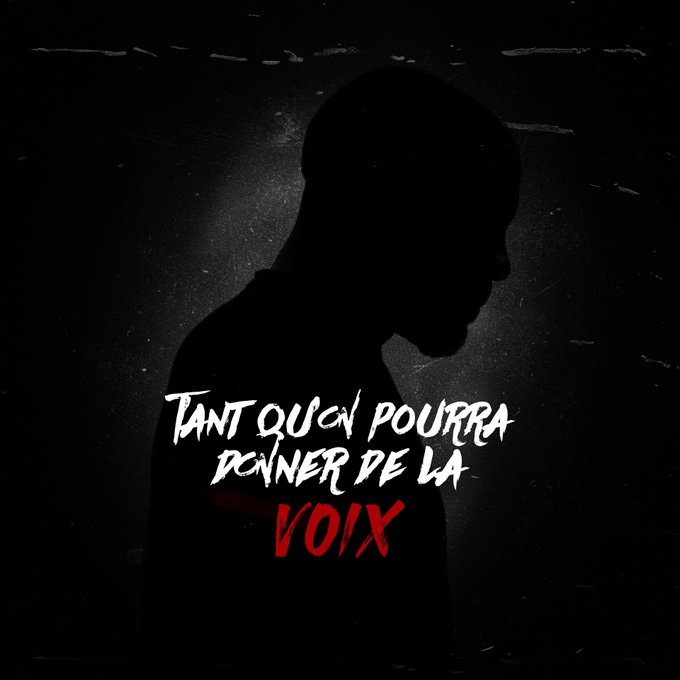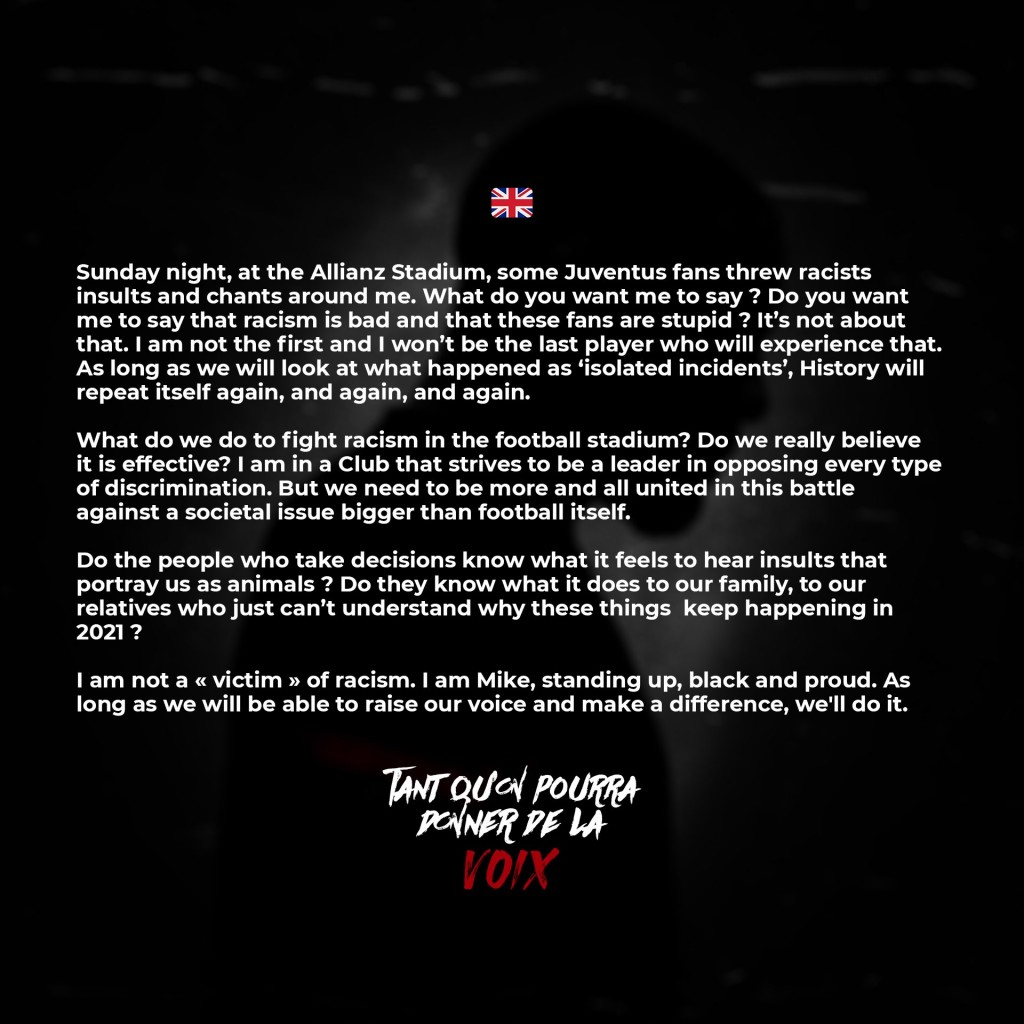After 15 games played, the first part of the Serie A championship has closed .
Based on the results obtained by the top six teams, some observations can be made.
Outstanding was the progression of Napoli, which won 13 games while drawing only two. The goodness of the team’s cohesion is evident, in addition to its quality in the game, every player plays for the team and there has been no display of jubilation beyond the obvious satisfaction and this is certainly a sign of psychological maturity of everyone, coach, staff and players, who have thus shown that they are strongly centered on the goal to be achieved in every single game without being distracted by the euphoria of the top spot in the standings and the distance of as many as 9 and 10 points from the nearest pursuers.
Milan occupies the second position but must better tolerate the top moments of the calendar, because together with Lazio they have lost two of their last four games, allowing Napoli to take a considerable lead before this long break.
Inter and it seems to me also its coach need to improve in dealing with difficult moments, for although it has won 10 games it has, however, five. This seesaw of results has been a constancy at this stage of the league and beyond tactical issues and the absence of some players, I think it is also due to mental order difficulties in the team in remaining united and compact even when it is not winning.
Juventus had a disastrous start in terms of results determined by the many injured players but also because they seemed to lack the motivation to accept this critical phase. Nevertheless, in the beginning, draws kept it from finally collapsing until it came to win six consecutive games and be the best defense in the league. In short, it did not drown as it seemed, it showed resilience and eventually the work of the coach and the emergence of more leadership on the field of some players changed the mentality for the better. It is now third, hoping to fully recover some key men like Chiesa and Pogba and to have no injuries among the 11 who will participate in the World Cup.
Atalanta has had an excellent start with 7 wins and 3 draws. According to the coach, the team is going through a phase in which there are problems integrating the youngsters and making the old ones accept that they have to give them a space. This difficulty, again related to everyone’s cohesion and sharing of the coach’s project, has probably led to the recent non-positive results.







